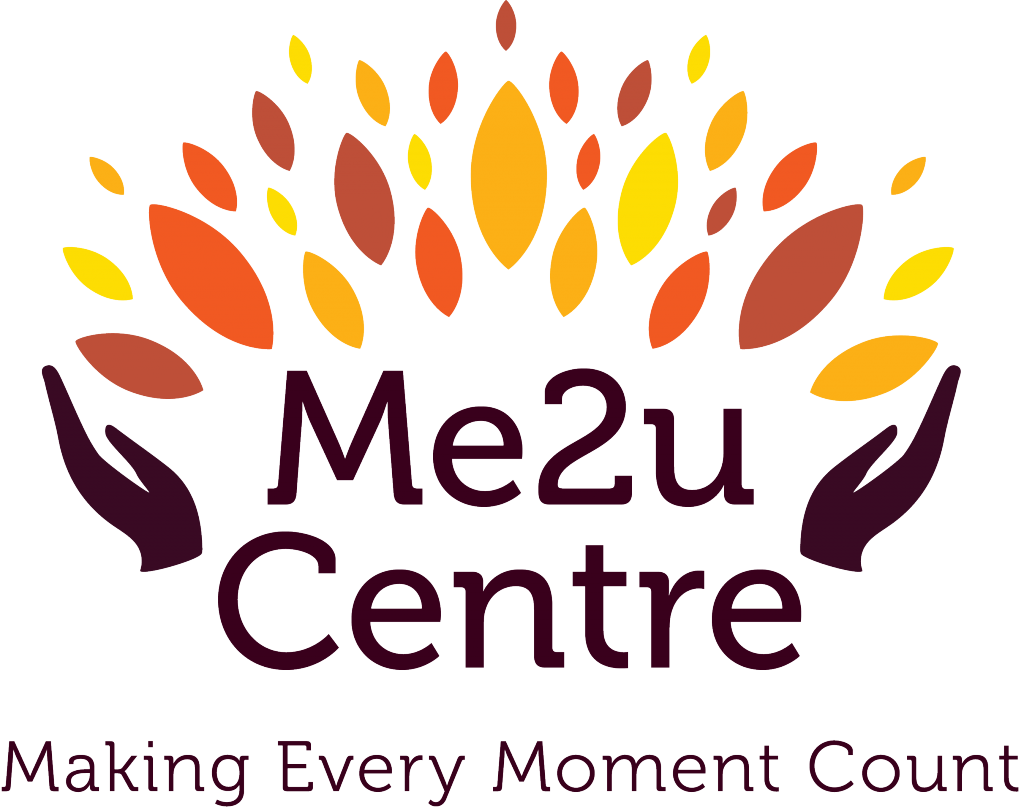Dementia is a debilitating condition that affects millions worldwide, robbing individuals of their cognitive abilities, memories, and independence. As the population ages, the prevalence of dementia is on the rise, making it imperative to explore innovative therapies that can alleviate symptoms and improve the quality of life for those living with this condition. One such therapy that has gained attention in recent years is Cognitive Stimulation Therapy (CST). CST offers a holistic approach to dementia care, focusing on engaging individuals in stimulating activities to enhance cognition, social interaction, and overall well-being.
Understanding Cognitive Stimulation Therapy (CST)
Cognitive Stimulation Therapy is a structured program designed to stimulate and engage individuals with dementia in a variety of cognitive and social activities. Unlike traditional medical interventions that focus solely on symptom management, CST targets the underlying cognitive impairments associated with dementia. The therapy typically involves group sessions led by trained facilitators and covers a range of activities, including reminiscence, word games, puzzles, and creative tasks.
The Benefits of CST for Dementia Patients
- Cognitive Enhancement: One of the primary goals of CST is to improve cognitive functioning in individuals with dementia. By engaging in mentally stimulating activities, participants can maintain cognitive abilities such as memory, attention, and problem-solving skills for a longer period. Regular participation in CST sessions has been shown to slow down cognitive decline and may even lead to modest improvements in cognitive function.
- Social Interaction: Dementia can be an isolating condition, leading to feelings of loneliness and depression. CST provides a supportive environment for individuals to interact with peers, fostering social connections and reducing feelings of isolation. Group sessions encourage communication, collaboration, and the sharing of experiences, which can have a positive impact on emotional well-being.
- Enhanced Mood: Engaging in enjoyable activities during CST sessions can uplift mood and reduce feelings of agitation and anxiety commonly experienced by individuals with dementia. Activities such as music therapy, art therapy, and reminiscence can evoke positive emotions and memories, improving overall emotional health and quality of life.
- Functional Improvement: While CST primarily targets cognitive and social domains, its benefits often extend to functional abilities as well. By stimulating the mind and encouraging participation in activities of daily living, individuals may experience improvements in functional skills such as mobility, self-care, and communication.
- Caregiver Support: CST is not only beneficial for individuals with dementia but also for their caregivers. By providing structured activities and a supportive environment, CST can alleviate some of the caregiving burden and improve the quality of relationships between caregivers and care recipients. Caregivers may also benefit from networking opportunities and educational resources offered during CST sessions.
Implementing CST in Dementia Care
Implementing CST in dementia care requires a collaborative approach involving healthcare professionals, caregivers, and community organisations. Training programs are available to equip facilitators with the necessary skills and knowledge to conduct CST sessions effectively. Additionally, resources such as activity manuals, materials, and guidelines are provided to support the implementation of CST in various settings, including care homes, day centres, and community centres.
Successful implementation of CST also involves tailoring the therapy to meet the unique needs and preferences of individuals with dementia. Flexibility in session structure and content allows facilitators to adapt activities based on participants’ cognitive abilities, interests, and cultural backgrounds. Regular assessment and feedback help monitor progress and make adjustments as needed to optimise the therapeutic benefits of CST.
Cognitive Stimulation Therapy offers a promising approach to dementia care, focusing on enhancing cognition, social interaction, and overall well-being in individuals living with this condition. By providing stimulating activities in a supportive environment, CST has the potential to slow down cognitive decline, improve mood, and enhance the quality of life for both individuals with dementia and their caregivers. As the demand for dementia care continues to grow, integrating evidence-based therapies like CST into standard practice can contribute to better outcomes and a more compassionate approach to dementia care.




